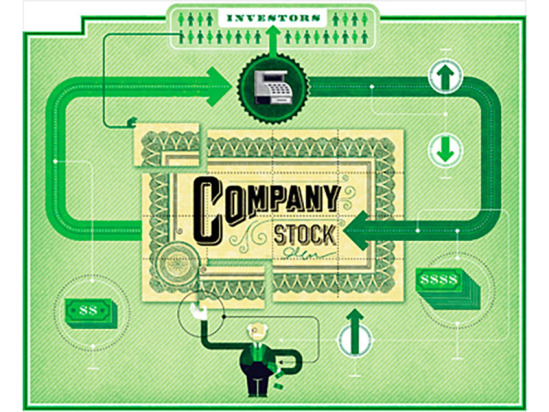A front-page article in the January 14, 2019 edition of Investor’s Business Daily stated that public companies bought back about $1 Trillion of their own stock through public markets during 2018. The article didn’t speculate on a precise number of projected buyback volume during 2019 but stated that analysts expect companies to continue to buy back their own stock at a high level.

What
A stock buyback is when a publicly-traded company buys back its own stock through the public markets. Example: You decide to sell your shares of WTF Corporation, so you click Sell in your online trading platform. Typically, some other schmo buys your stock. With a stock buyback, WTF is actually the buyer. WTF puts its cash up just like any other schmo.
Why
Companies decide to buy back their own stock because they believe it is undervalued and they can make some money. They are just like any other investor in that way. In addition, by buying stock and taking the stock they bought out of circulation, or out of the “float”, they are hoping to boost the value of the remaining stock. Supply goes down, demand remains constant, so price theoretically goes up.
When
It is speculated (by the IBD article and by others) that the $1 Trillion volume of buybacks during 2018 was due in large part to the Tax Cuts and Jobs Act, specifically the repatriation of money that American companies were holding in foreign jurisdictions. The new tax law reduced taxes on cash repatriated back to the US. Companies did repatriate a ton of money, and they decided to use some of it to buy back their own stock. The combination of perceived valuation opportunity and abundance of cash caused the buybacks in large part. It is further speculated that the repatriation opportunity has run its course.
Did It Work?
Analysts believe that buybacks have been a primary driver as the stock market, specifically the S&P 500 Index, gained about 33% from November 2016 to October 2018. The approximately 18% correction we had during Q4 2018 was in part blamed on the concern that the repatriation opportunity was waning and that companies would no longer be buying back in such great numbers. So, yes, the buyback programs worked. However, there is another school of thought that says these companies should have spent their money on higher salaries for their employees or on additional research and development. Possibly, but there is a limit on how much R&D is actually accretive to a company’s earnings. If a company is already maxed out on its R&D and it still has money to spend (see: Apple), then it makes sense to buy back stock. It all comes down to which path does management calculate as being more accretive in the short and the long run to corporate earnings.
Play It?
Companies typically announce they will be buying back their own stock before they actually buy it back. If you pay enough attention, you can buy stock in companies that have announced buyback programs. If the companies themselves view their stock as undervalued, then it must be true, right? Will it make you money? That is to be seen. My take is that companies themselves are no better at predicting future prices than are any other investors.
IMO
Stock buybacks are one factor to consider, and they are a nice boost to existing shareholders, but they are not a deciding factor as to whether or not to buy stock in a company. Instead, look to corporate fundamentals – growth potential, gross margins, macro trends, quality of management – rather than stock buybacks as the reason to buy a company. After all, that’s what the companies themselves are looking at, perhaps with rose-colored glasses.
